By Georgi Gotev
Russia clearly said it can offer an alternative to Euro-Atlantic integration for Macedonia and other countries, including those in the Western Balkans.
Macedonia has become ungovernable to the point that EU Enlargement Commissioner Johannes Hahn even said “anything can happen” there.
Macedonia is not the only country where a future election could result in a pro-Russian government, as prominent MEPs have warned. Montenegro is a clear example.
Last week the 81-member Montenegrin parliament ratified the country’s NATO accession 46-0, with the pro-Russian opposition boycotting the vote.
Serbia is an even more enigmatic case. The country hosts a Russian military base in the city of Nis that nobody speaks about. It has no intention to join NATO, which is understandable following the alliance’s 1999 bombings areas that included its capital, Belgrade.
Its current strongman leader Aleksandar Vucic is considered pro-EU, but he is also pro-Russian, a turncoat nationalist and a former minister of information under Slobodan Milosevic. Those who protest his election call him a dictator.
Neighbouring Bosnia and Herzegovina is a country badly divided by ethnic tensions. Significantly, the leader of the country’s Serbia entity (Republika Srpska) Milorad Dodik snubbed the recent visit of EU foreign affairs chief Federica Mogerini, saying that he needed to travel to Moscow “for a very important meeting”.
The EU believes Moscow is encouraging Bosnia’s Serbs to seek independence.
Russia is not the only one with appetites in the region. Turkish leader Recep Tayiip Erdogan says “his heart lies” in all these countries, as well as EU member Bulgaria, which all have significant Muslim populations.
This may look like blackmail but Albanian Prime Minister Edi Rama said that a union between Albania and ethnic Albanian-dominated Kosovo cannot be ruled out if EU membership prospects for the Western Balkans do not materialise.
And Serbia warned of another Balkan war if Tirana moves forward with its Greater Albania plan.
The issue is that the EU really cannot do much. It cannot grant a clear membership perspective to any of the Western Balkan countries without moving the goalposts to within their range. And more importantly, without handing more ammunition to the Eurosceptics that are currently making life so difficult.
The Yugoslav wars of 1991-2001 are a source of shame for the then European Communities which allowed them to happen. The US came to the rescue. Its actions may have been controversial but at least the fire was extinguished.
This time the EU will be on its own. But the EU doesn’t have the stomach to play soft power the hard way. As Slovenian MEP Alojz Peterle (EPP), head of the European Parliament delegation to Macedonia, said, “Putin or Erdogan can decide in five minutes, while we [the EU] need five Councils.”
Indeed, during the Greek crisis, it took five EU summits before the decision was made that allowing Greece to leave the eurozone would be a fatal mistake. This time there will not be time for five summits.
The Roundup
As the French presidential race enters its bad-tempered final stages, Green candidate Yannick Jadot compared Sunday’s showdown between Emmanuel Macron and Marine Le Pen to the battle betweenClinton and Trump. Barack Obama even nailed his colours to the mast: no prizes for guessing who he supports.
The president of the Committee of the Regions said “Brexit is a big opportunity” to build a Europe closer to its citizens. Meanwhile, British PM Theresa May accused Brussels of making “threats against Britain” in a bid to influence the general election.
The stars aligned for Bulgarian Prime Minister Bokyo Borissov, as he unveiled his new cabinet today, on the advice of his astrologers. His centre-right GERB party has been forced to get into bed with the anti-migrant United Patriots.
Russia’s Putin and Turkey’s Erdogan have re-affirmed their pact to end the war in Syria. Tensions had risen between the two strongmen after the deadly chemical attack in April.
Europol is investigating the possibility that terrorist group IS is setting up its own social network, as its traditional propaganda channels are increasingly being squeezed.
Italian prosecutors have cleared migrant rescue NGOs of working with Libyan people smugglers. The African Union’s EU representative told EURACTIV Germany the continent needs to be involved more in global decisions.
The European Commission said a “broad reflection” is needed on newplant breeding techniques, as the agri-food industry argues not all plant species created through genetic engineering should be considered GMOs.
Belgian dentists could soon be advertising their services out in the open after an EU court ruled a national ban is incompatible with European law.
Samuel White contributed to this Brief.
Source: brief.euractiv.com



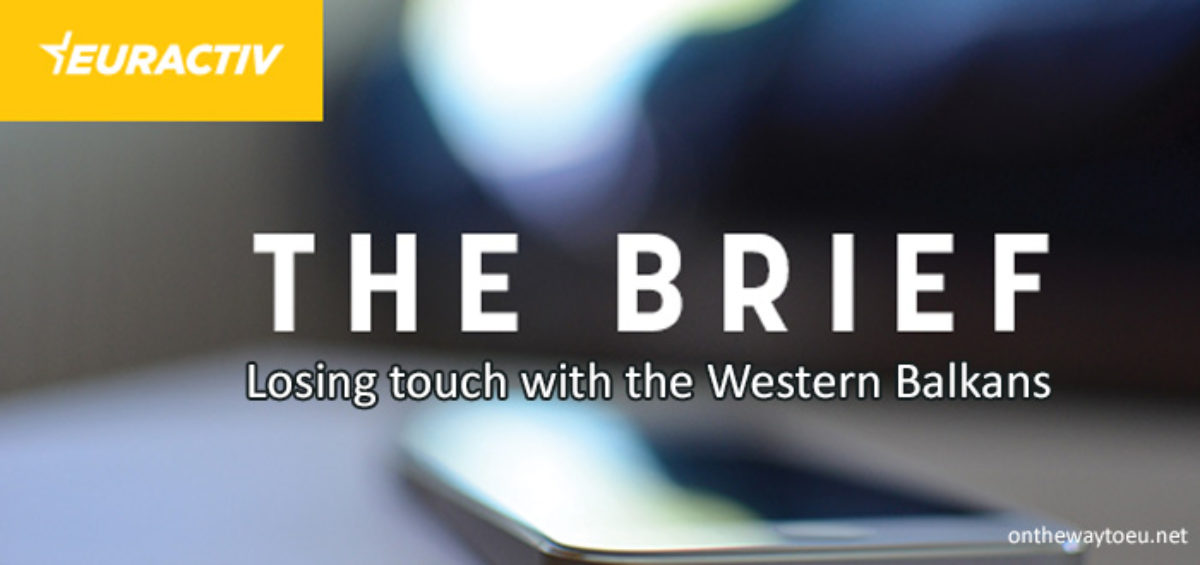
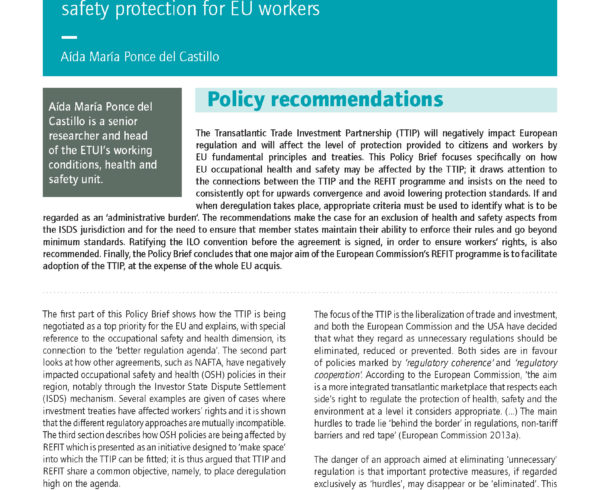
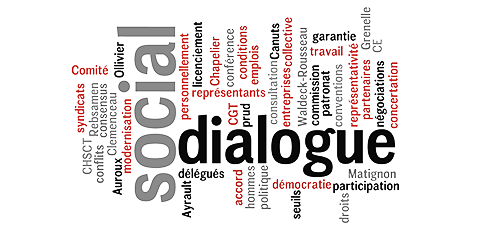
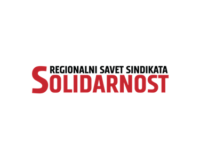
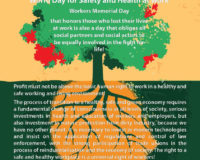
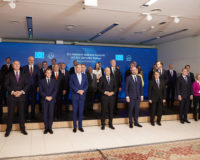
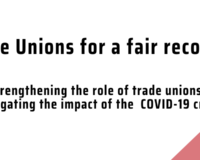
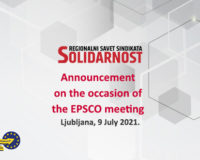
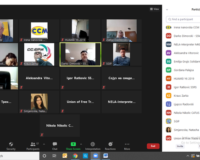
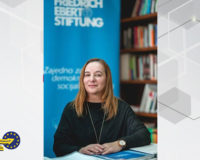

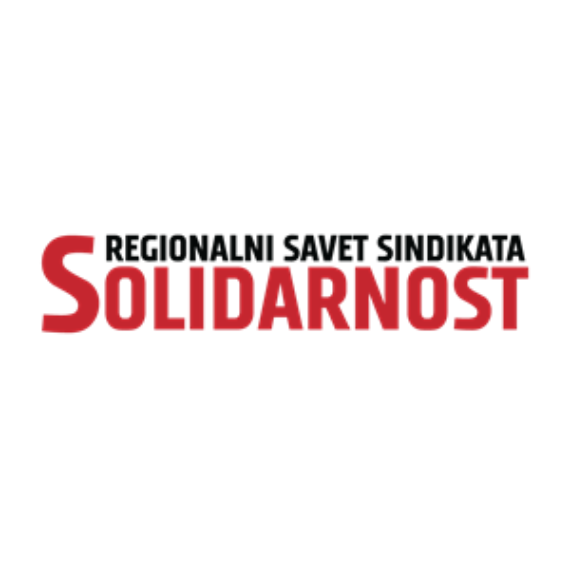
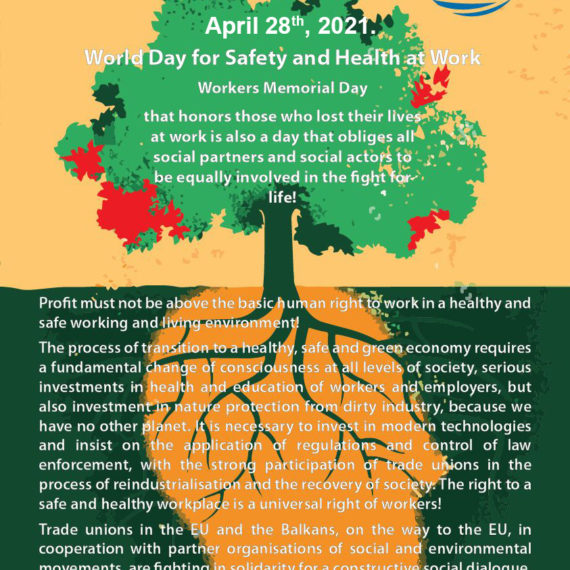
Leave a Comment